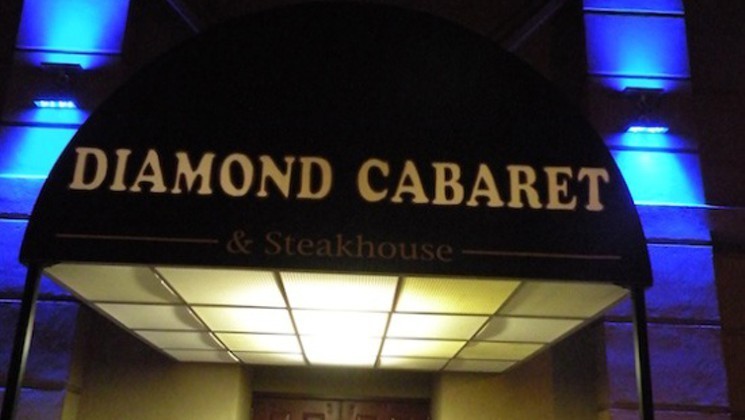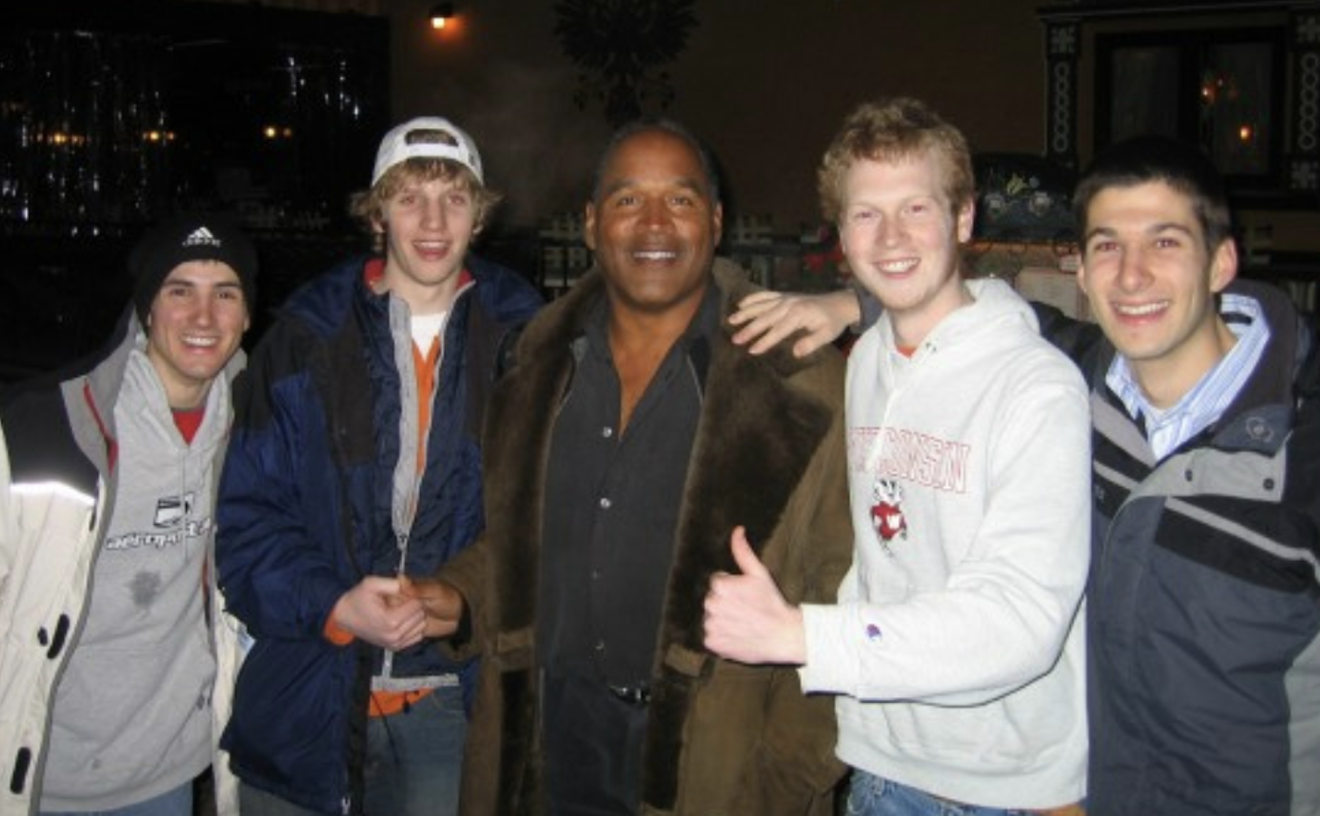A 2017 lawsuit by performers at Shotgun Willie's dance club was recently settled by way of an agreement that precluded attorneys on both sides from talking about the matter beyond confirming that it had concluded. However, no such mandate of silence exists in a similar suit filed two years ago against the holding company for the Diamond Cabaret & Steakhouse and other flesh-for-fantasy joints in Denver and beyond — and the attorney for Georgia Santich, the dancer who pressed the complaint, says a Colorado Supreme Court ruling has quietly changed labor law in the state for people in a wide variety of professions.
According to Mari Newman of Killmer, Lane & Newman, LLP, "This is a really big deal, not just for dancers or workers, but for any party that's been forced into an imbalanced dispute resolution."
The Colorado Supreme Court opinion came out in June but received little coverage, in part because of its highly technical nature. Moreover, the judgment didn't conclude the case officially known as Santich v. VCG Holding Corp., which names Diamond Cabaret, La Bohème, the Penthouse Club, PT's All Nude and PT's Showclub in Denver, as well as ten additional operations in North Carolina, Maine, Kentucky, Illinois, Indiana, Florida and California; it's still ongoing. But Newman says the potential impact could be huge.
"We filed this case on behalf of dancers in Colorado and around the country to demand the most basic employment right: the right to be paid for their work," Newman notes. "Instead of paying the dancers any wages at all, let alone minimum wages, the clubs and their owners charge the dancers exorbitant rental fees of up to $200 per shift for the opportunity to work for just a portion of their tips from patrons. As if that weren’t bad enough, at the end of their shifts, the clubs and owners require that the dancers share significant portions of their hard-earned tips to bouncers, DJs, servers, bartenders and other employees."
In order for dancers to be hired, she continues, "the clubs and their owners require them to sign away two essential rights: one, their right to challenge these profoundly unfair and illegal practices in court through arbitration clauses, and two, their right to band together to fight collectively against these massive and well-funded corporations through class waivers. Put another way, as a condition of dancers’ jobs, the clubs and their owners unfairly use their legal sophistication and superior resources to crush the individual dancers under their corporate heel by denying them the right to court and the right to participate in class actions."
Based on these contracts, "the owners of the individual clubs have successfully forced the claims against them into arbitration. The corporate owners of the clubs, which we also sued, had not signed the agreement with the dancers, but argued that they should be allowed to force arbitration and a class waiver anyway. In a particularly sneaky legal maneuver, the corporate owners who draft these one-sided contracts for their clubs tried to distance themselves from their legal responsibilities as employers by not signing the contracts with the dancers. But here’s the rub: By not signing the contracts, the corporate owners lose the right to enforce them. We argued that, because the corporate owners did not sign the arbitration agreements and class waivers, they should not be allowed to enforce them."
The Colorado Supreme Court agreed. In its opinion, Newman allows, "the dancers' contracts must be held to the same legal standard as any other kind of contract. The clubs’ owners, who did not sign the contracts, can only enforce them if they can somehow prove that the dancers intentionally misled them. To state the obvious, the opposite is true: The corporate owners tried to trick the dancers and the court system, and it backfired. Thus, the corporate owners will have to answer to a class action in federal court."
We reached out to three attorneys representing the defendants in the suit: Berg Hill Greenleaf & Ruscitti LLP's Rudy E. Verner, and Ryan P. Lessmann and Melisa H. Panagakos of Jackson Lewis P.C. The latter pair declined comment; if and when Verner gets back to us, we'll share his thoughts in this space.
The assorted attorneys are currently in the process of "filing what are sort of competing motions right now," Newman says. "We haven't had that many dancers sign on yet, but this is a class-action claim, so the sky's the limit. Obviously, the most efficient way to deal with it would be to litigate the cases collectively instead of having to do potentially hundreds of individual cases against different clubs across the country."
In the meantime, she stresses that the Colorado Supreme Court's ruling "doesn’t just apply to the rights of dancers against corporate owners. It applies in every case where a non-signatory tries to enforce an arbitration agreement. Arbitration agreements are increasingly common in all sorts of settings. Nursing homes use them to try to limit your right to sue if they mistreat your loved one; all sorts of businesses use them to try to limit your right to sue if they don’t provide the goods or services promised. But this ruling will curtail corporate owners and other non-signatories who wrong workers and consumers from shirking their obligation to answer for their illegal conduct in a court of law."
Click to read the Santich v. VCG Holding Corp. contract enforcement and arbitration opinion and the original lawsuit.
[
{
"name": "Air - MediumRectangle - Inline Content - Mobile Display Size",
"component": "12017618",
"insertPoint": "2",
"requiredCountToDisplay": "2"
},{
"name": "Editor Picks",
"component": "17242653",
"insertPoint": "4",
"requiredCountToDisplay": "1"
},{
"name": "Inline Links",
"component": "18838239",
"insertPoint": "8th",
"startingPoint": 8,
"requiredCountToDisplay": "7",
"maxInsertions": 25
},{
"name": "Air - MediumRectangle - Combo - Inline Content",
"component": "17261320",
"insertPoint": "8th",
"startingPoint": 8,
"requiredCountToDisplay": "7",
"maxInsertions": 25
},{
"name": "Inline Links",
"component": "18838239",
"insertPoint": "8th",
"startingPoint": 12,
"requiredCountToDisplay": "11",
"maxInsertions": 25
},{
"name": "Air - Leaderboard Tower - Combo - Inline Content",
"component": "17261321",
"insertPoint": "8th",
"startingPoint": 12,
"requiredCountToDisplay": "11",
"maxInsertions": 25
}
]













